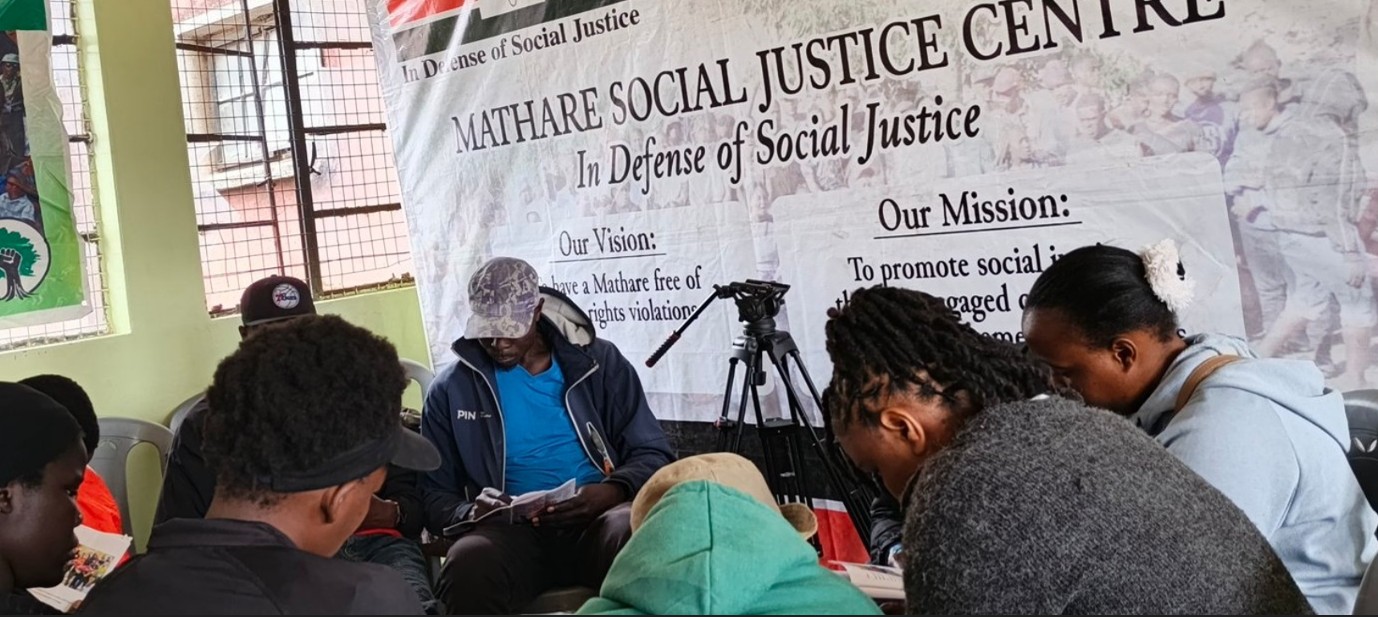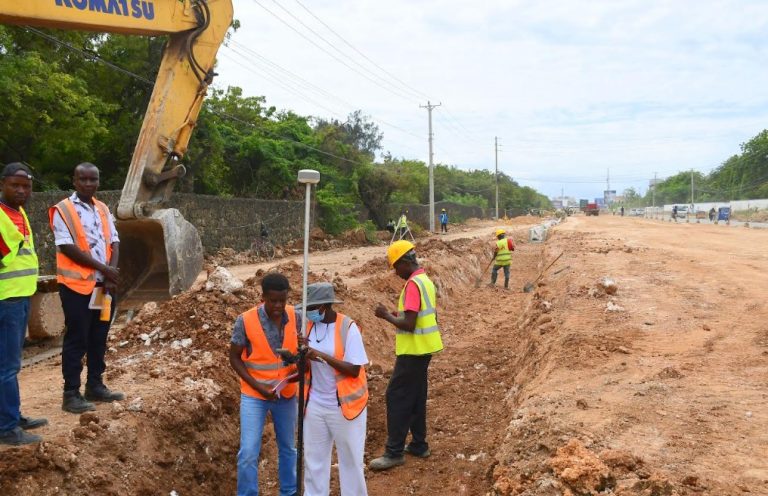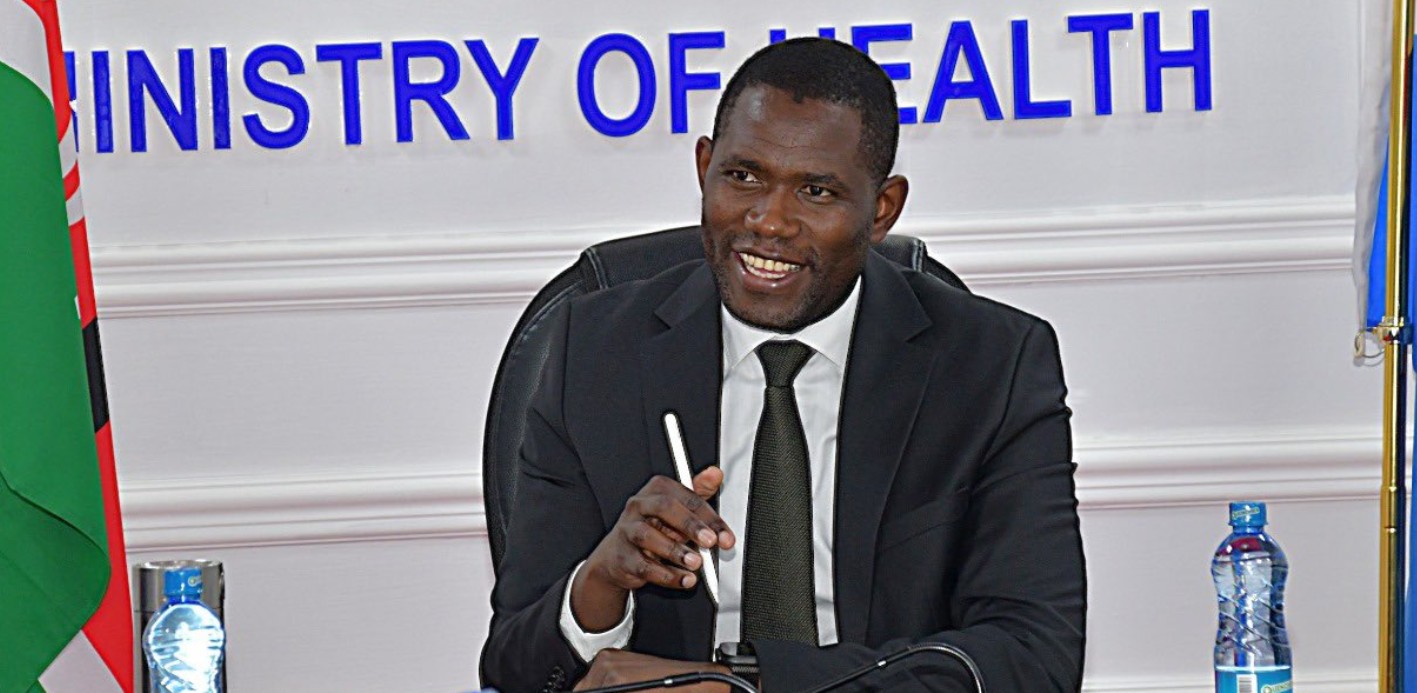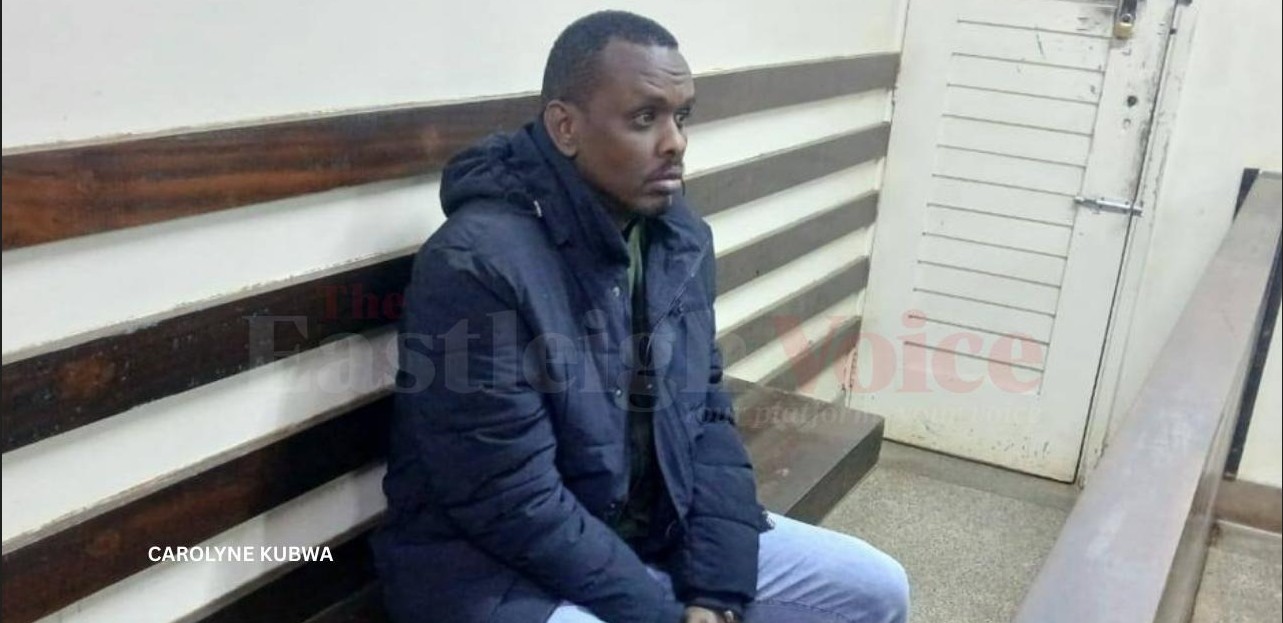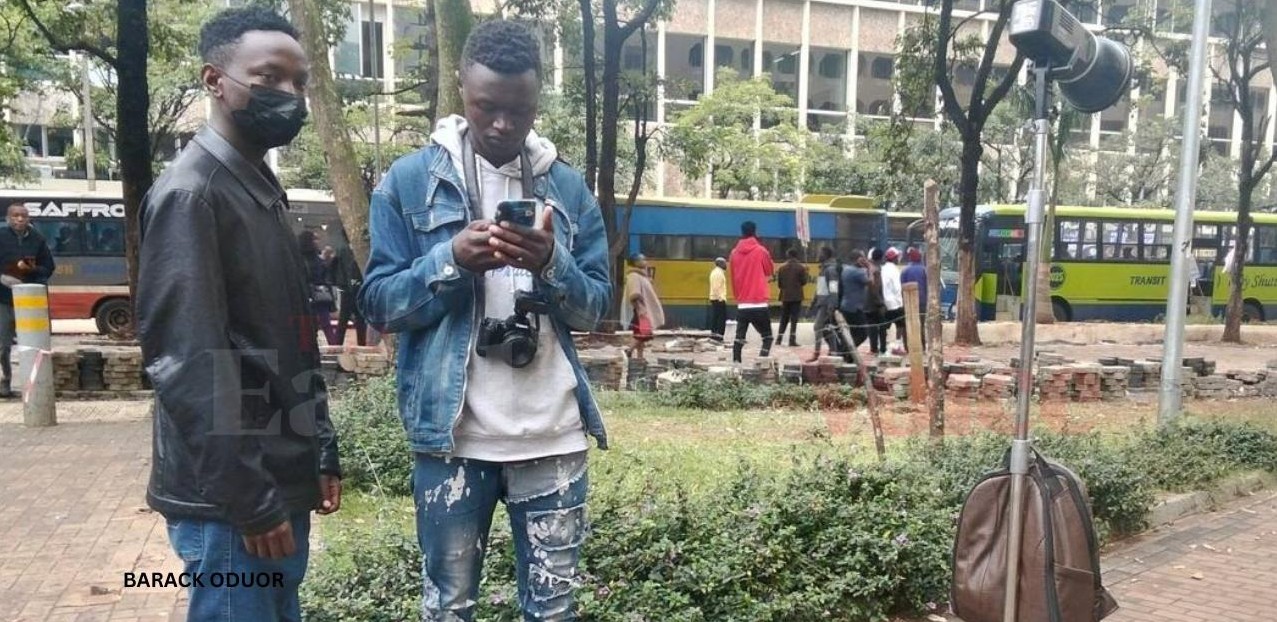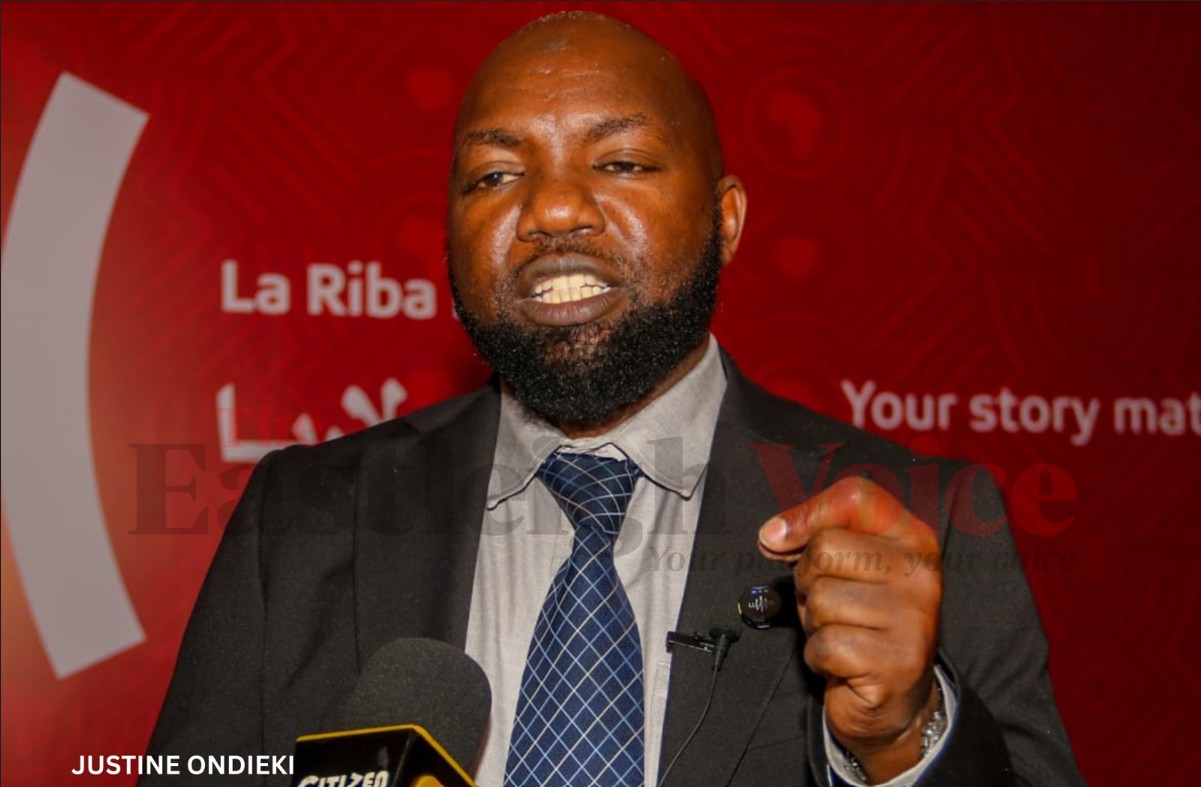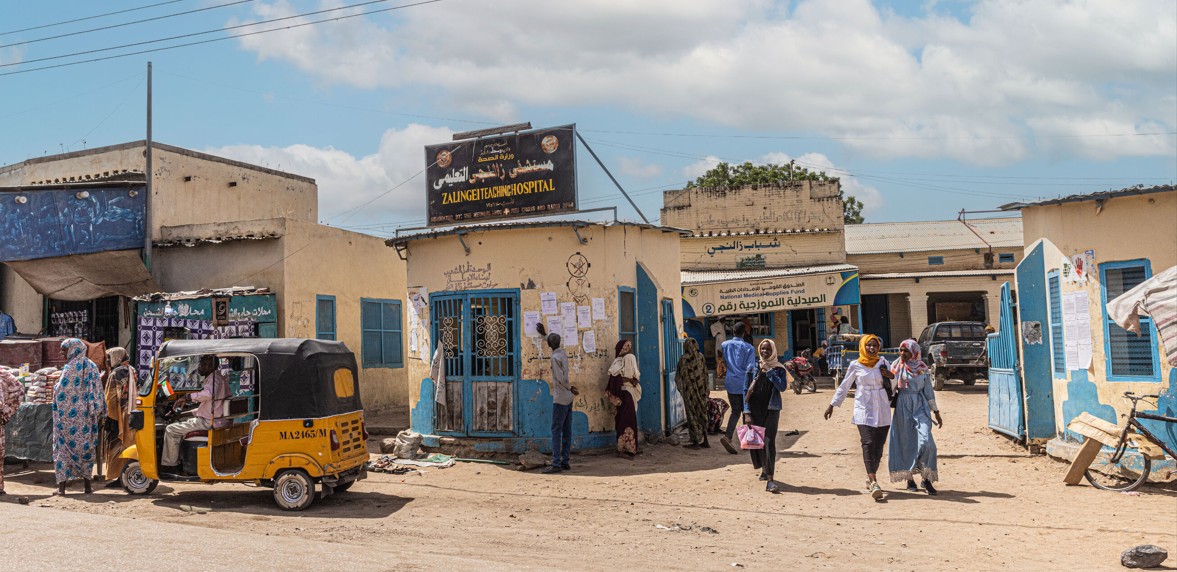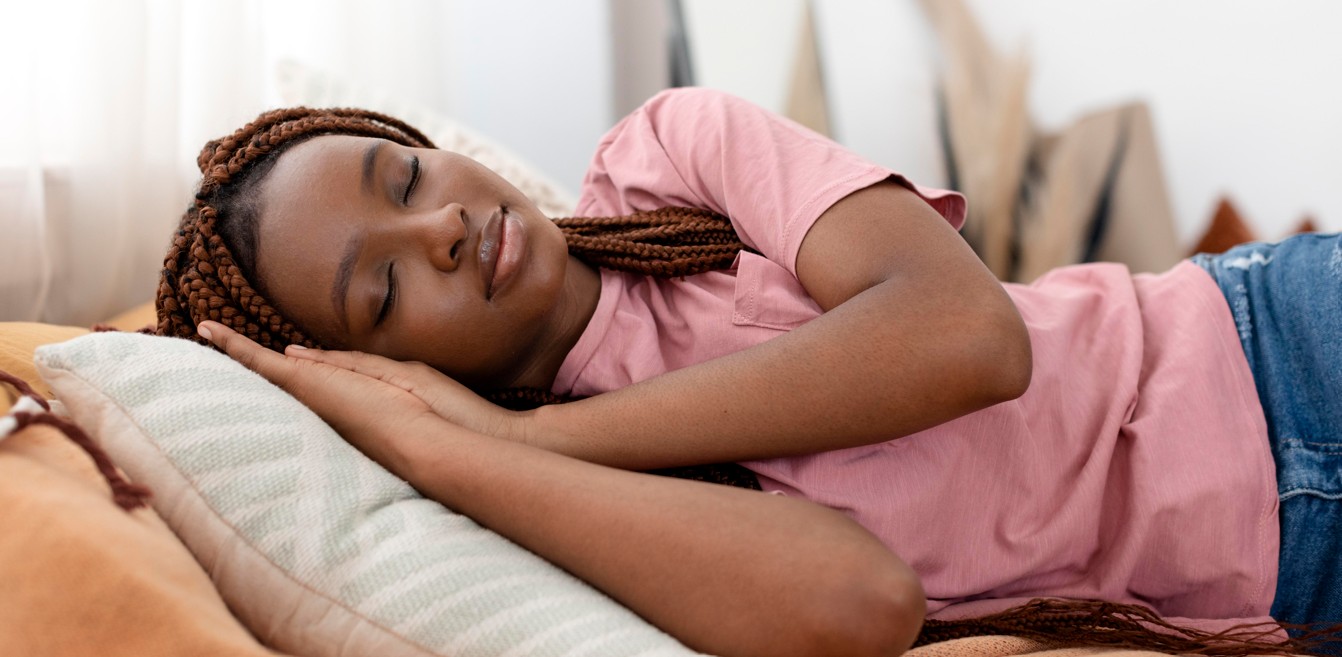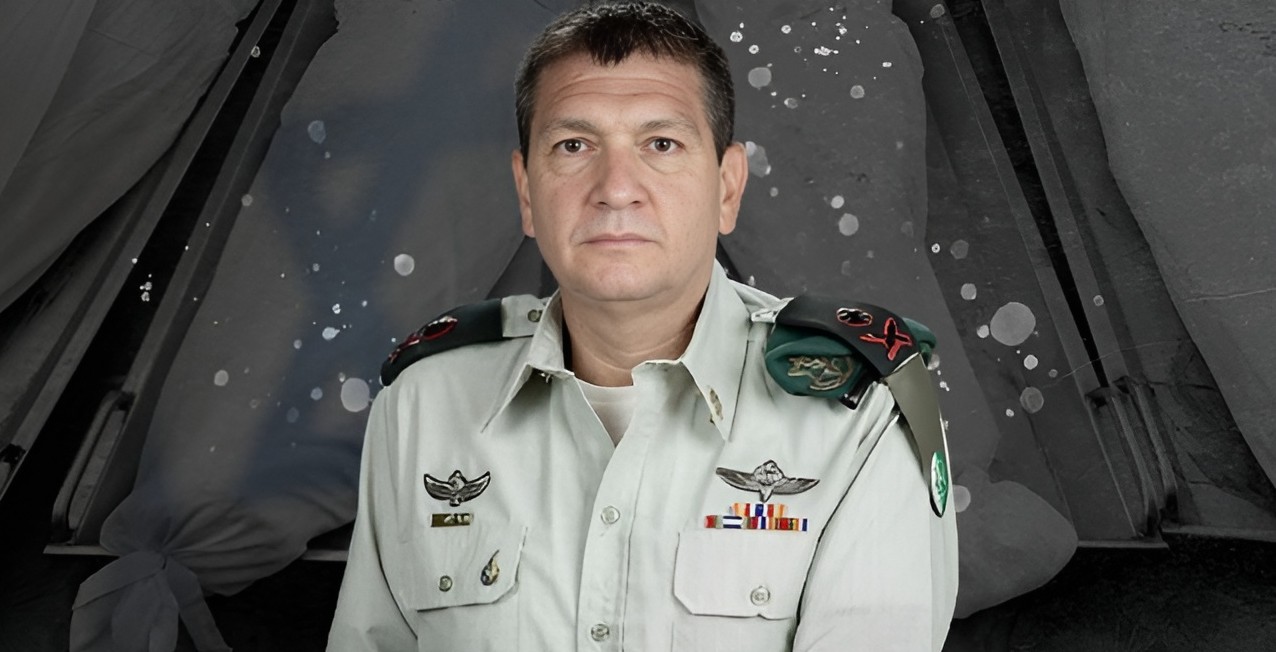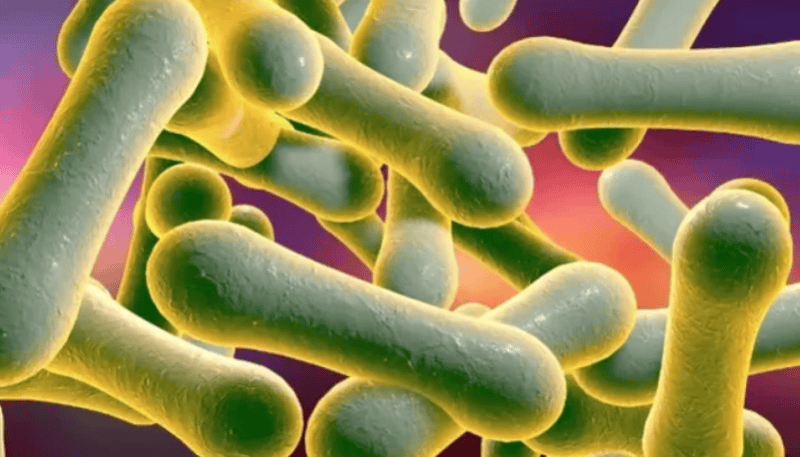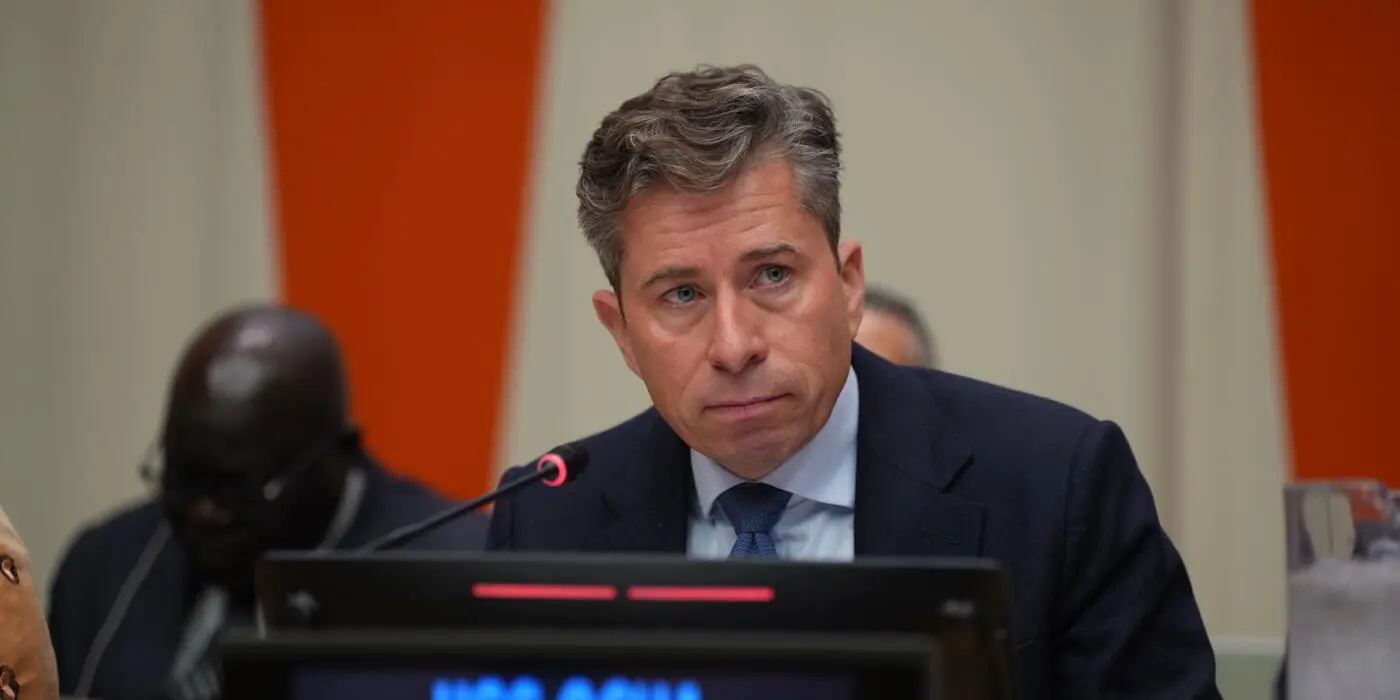Chad downplays threat from foiled attack on presidential compound in capital N'Djamena
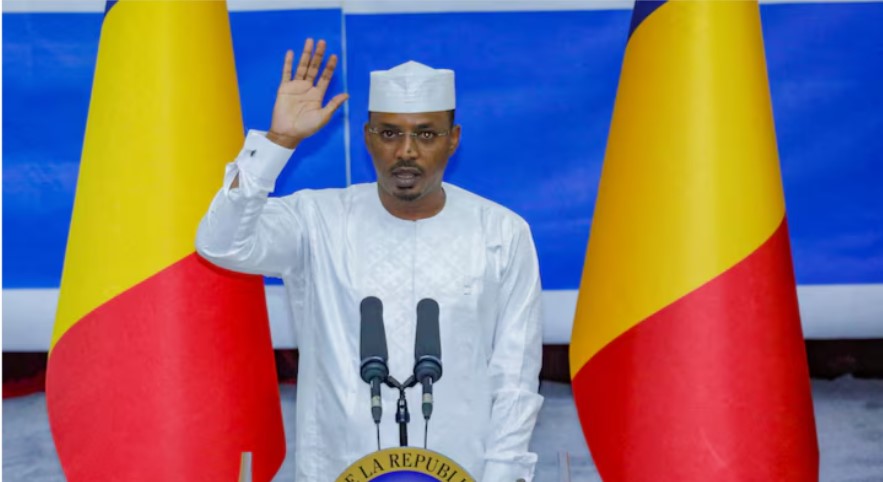
Chad is led by President Mahamat Idriss Deby, who seized power after rebels killed his father, longstanding President Idriss Deby.
A foiled attack on Chad's presidential compound overnight was carried out by a group of two dozen armed "ill-intentioned individuals" who were neutralised by security forces, the public prosecutor said on Thursday, though details of the incident remained unclear.
Bursts of gunfire rang out near the president's office in the capital N'Djamena on Wednesday night as the military blocked surrounding streets.
More To Read
- Chad authorities arrest son of Boko Haram founder Mohamed Yusuf
- US approves Sh44 billion weapons sale to boost Nigeria’s fight against insurgency
- Chad's ex-PM Succes Masra jailed 20 years over ethnic violence charges, vows to appeal
- Kenya marks 27 years since 1998 US embassy bombing with renewed pledge to fight terrorism
- Sudan’s rebel force has declared a parallel government: What this means for the war
- Islamic State claims responsibility for DRC church attack that left at least 43 dead
The government said later it had foiled an attempt to destabilise the country and the situation was under control.
The attack comes at a delicate time for Chad, which recently scrapped a defence cooperation pact with long-time partner France that made it a key Western ally in the fight against Islamist militants in West and Central Africa's Sahel region.
The region has been riven by insurgencies, including by groups linked to Islamic State, al Qaeda and Boko Haram, for more than a decade.
Military authorities in Mali, Burkina Faso and Niger, which shares a border with Chad, have recently turned their backs on the West in favour of Russian military support.
Chad's public prosecutor said 24 armed assailants drove up to the presidential palace on Wednesday evening, feigned a breakdown and attacked security guards manning the gate, killing two and lightly wounding five others as they tried to enter the compound.
Security forces killed 18 of the assailants and wounded six, who were taken to hospital, the prosecutor said.
Investigations have been launched to identify all instigators and accomplices, the prosecutor said in a statement.
Intoxicated and disorganised
In an earlier interview on national television, government spokesperson Abderaman Koulamallah said the assailants, who seemed intoxicated and disorganised, were only armed with knives and machetes.
Security sources and researchers said there was still a lot of confusion surrounding the incident, which sparked speculation it could be linked to jihadist groups, ethnic tensions, or discontent over the fallout of a war in neighbouring Sudan.
"It is too early to draw conclusions over exactly what happened," a security source in N'Djamena said.
Koulamallah said it was "probably not" a terrorist act.
N'Djamena was calm on Thursday morning with daily life resuming its course.
There was no additional gunfire during the night, although some residents said the military was still blocking access to neighbourhoods around the presidency.
Chad is led by President Mahamat Idriss Deby, who seized power after rebels killed his father, longstanding President Idriss Deby.
The older Deby had ruled Chad – which is rich in oil resources but one of the poorest countries in Africa – since a military coup in the early 1990s.
Crisis Group expert Enrica Picco said the force and rapidity with which the attackers were neutralised suggested the presidency was already on alert.
"Tensions are very high at the presidential palace. Deby knows that he has a lot of enemies who want to replace him or change the way Chad is dealing with different crises," she said.
Top Stories Today


